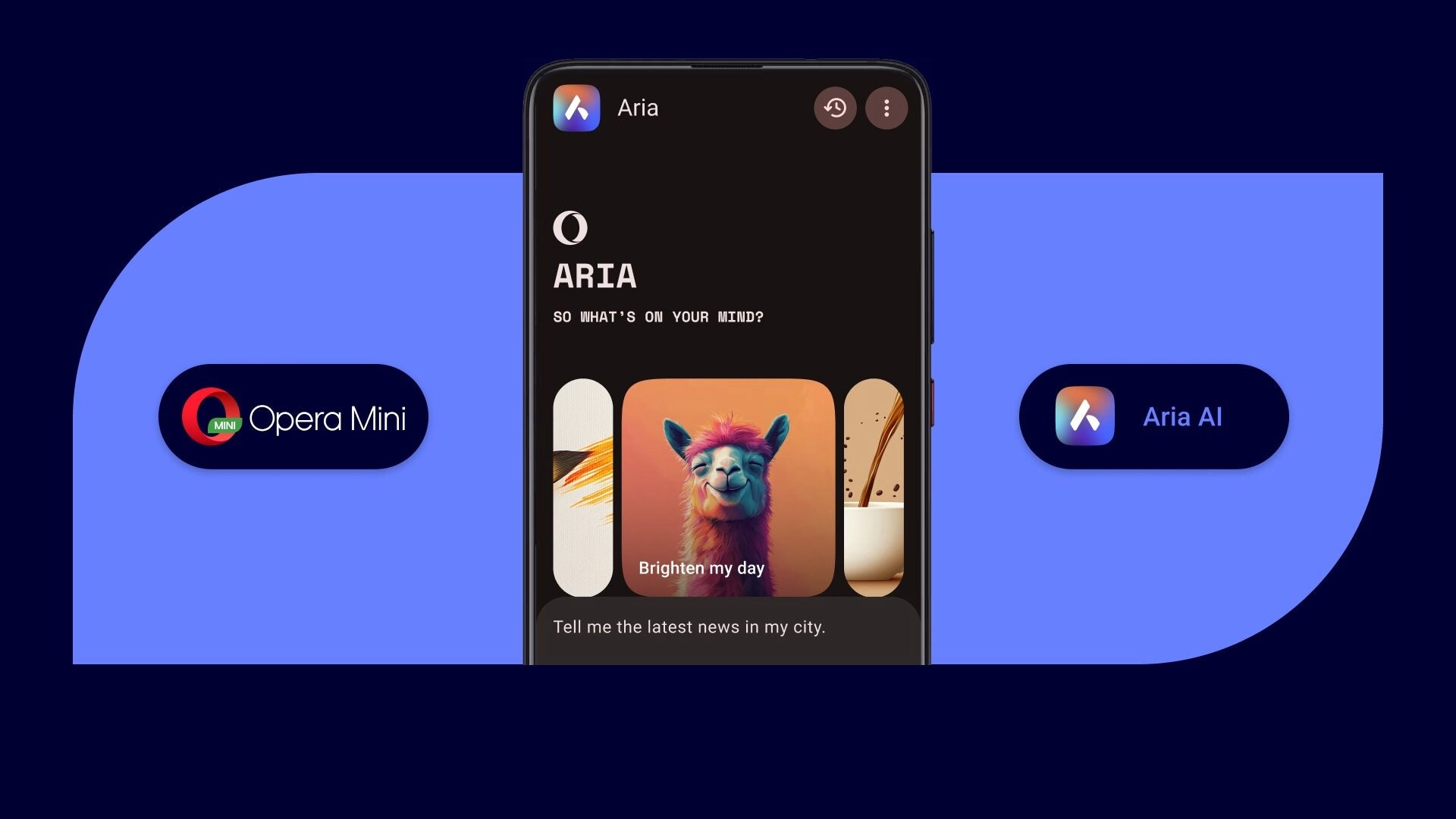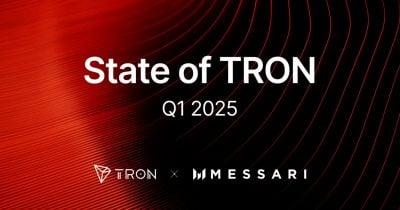How AI Based Knowledge Management Systems Are Transforming EdTech
Students and educators are slowly gravitating towards a more modern and collaborative learning platform called the Knowledge Management System (KMS). The flexible and self-directed learning in KMS offers more support & agility and fosters better information sharing, making it more up-to-date for the learning needs of today. 73% of all surveyed Financial Service (FS) respondents indicate that knowledge management is important while only 41% of respondents indicate that they feel well-equipped to effectively create and manage knowledge. — Deloitte The on-the-go and cost-effective learning capabilities of KMS make it easier for Ed-tech institutions to store and deliver course materials — PDFs, PPTs, and other files. Further, students find it easier to access pre-made documents for instantaneous problem-solving. Now, infused with artificial intelligence (AI), KMS will play an even bigger role in many ed-tech academies. Let’s explore how! AI Based Knowledge Management Systems: Benefits Intelligent Search Typing to locate the most relevant doc in any format can be hard. You often end up on the wrong file than what was intended. AI, especially conversational AI via Natural Language Processing (NLP) and Generative AI can solve this problem. Put your type query across as a prompt and AI will display the most relevant file after scanning the contents of the files in the database in a matter of seconds. So, understand the query and fetch the desired file(s) quickly. Personalized Recommendations AI can suggest relevant documents based on your role and historical use. It will evaluate your behavior and patterns on the KMS platform to recommend relevant files. Context-aware recommendations tailored to individual users improve user experience on the platform. Further, real-time feedback to leverage machine learning algorithms improves learning leading to more accurate suggestions. This saves time and makes data retrieval more efficient and personalized — enhancing productivity and reducing cognitive overload. Content Summarization An AI based knowledge management system can summarize super descriptive reports and research papers and accelerate decision-making. It can give you a nutshell, making data consumption more efficient in a time-sensitive environment. The AI can extract key points, highlight information, and generate summaries in bullet points. What would’ve been information overload and intimidating for a user is now made easier using AI. You could take a preliminary overview of the doc and then read the whole thing out in your free time. Collaborative Intelligence Collective problem-solving and knowledge-sharing gets easier with KMS. Peer-to-peer discussions on files across teams, departments, and global enterprises get seamless, as all the info is now collated on one central platform. Organizations can break down cross-department silos and pass on information more seamlessly, fostering a dynamic environment for team-led decision-making. Multiple actors across the hierarchy can now weigh in — leave comments, mark snippets, allow edits, track changes, restrict access, and more from various users. Predictive Insights AI Based Knowledge Management Systems can anticipate what will be relevant based on historical data and suggest documents. Leveraging advanced trend analysis means AI can throw relevant recommendations right when you need them. It can also suggest files based on engagement levels, where docs, more in demand, in the academy figure right on top of your dashboard. See what others are reading, stay on top of what’s trending in the Institute, and close that knowledge gap much sooner. Question and Answers If Generative AI is embedded in the AI based Knowledge Management Systems expect to see it answer queries straight out of a file in question. Students can get the AI to scan the contents of the file(s) and answer questions without needing to read the whole file — making knowledge consumption efficient and seamless. This AI will leverage NLP (Natural Language Processing) algorithms and neural network transformer-based architectures like GPT to parse user queries and retrieve contextually accurate responses. AI’s semantic understanding, intent recognition, and dynamic response generation ensure users get real-time actionable insights. Security of Assets AI based Knowledge management systems can expect heightened security of their sensitive intellectual assets. AI in advanced encryption protocols and automated incident response systems can scrutinize access logs and flag unauthorized activity patterns, something that traditional rule-based systems might miss. It can prevent downloads, lock files, authenticate students, restrict access, flag screenshots, track bulk downloads, send alerts, scan harmful files, restrict replication, and more to safeguard your knowledge repository better. Tagging and categorization AI based Knowledge management systems can automatically categorize, tag, and fill up summa
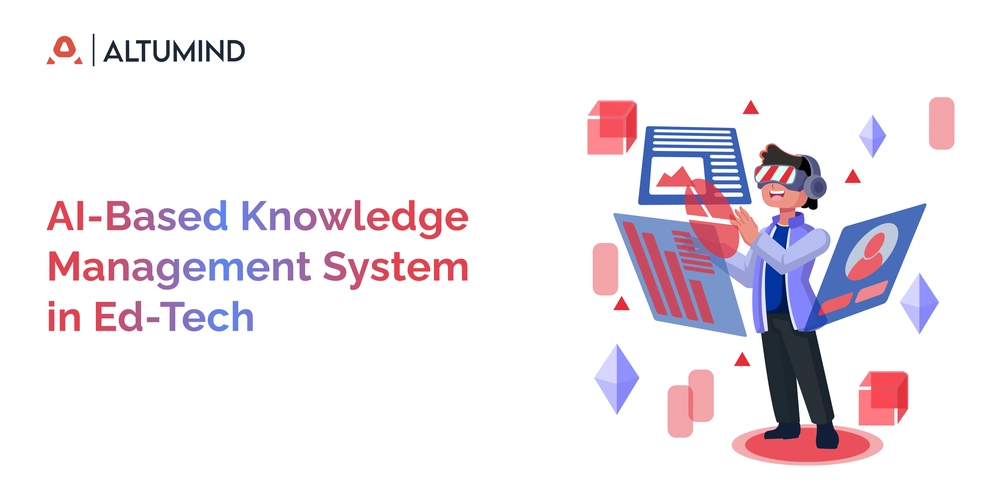
Students and educators are slowly gravitating towards a more modern and collaborative learning platform called the Knowledge Management System (KMS). The flexible and self-directed learning in KMS offers more support & agility and fosters better information sharing, making it more up-to-date for the learning needs of today.
73% of all surveyed Financial Service (FS) respondents indicate that knowledge management is important while only 41% of respondents indicate that they feel well-equipped to effectively create and manage knowledge. — Deloitte
The on-the-go and cost-effective learning capabilities of KMS make it easier for Ed-tech institutions to store and deliver course materials — PDFs, PPTs, and other files. Further, students find it easier to access pre-made documents for instantaneous problem-solving. Now, infused with artificial intelligence (AI), KMS will play an even bigger role in many ed-tech academies. Let’s explore how!
AI Based Knowledge Management Systems: Benefits
Intelligent Search
Typing to locate the most relevant doc in any format can be hard. You often end up on the wrong file than what was intended. AI, especially conversational AI via Natural Language Processing (NLP) and Generative AI can solve this problem. Put your type query across as a prompt and AI will display the most relevant file after scanning the contents of the files in the database in a matter of seconds. So, understand the query and fetch the desired file(s) quickly.
Personalized Recommendations
AI can suggest relevant documents based on your role and historical use. It will evaluate your behavior and patterns on the KMS platform to recommend relevant files. Context-aware recommendations tailored to individual users improve user experience on the platform. Further, real-time feedback to leverage machine learning algorithms improves learning leading to more accurate suggestions. This saves time and makes data retrieval more efficient and personalized — enhancing productivity and reducing cognitive overload.
Content Summarization
An AI based knowledge management system can summarize super descriptive reports and research papers and accelerate decision-making. It can give you a nutshell, making data consumption more efficient in a time-sensitive environment. The AI can extract key points, highlight information, and generate summaries in bullet points. What would’ve been information overload and intimidating for a user is now made easier using AI. You could take a preliminary overview of the doc and then read the whole thing out in your free time.
Collaborative Intelligence
Collective problem-solving and knowledge-sharing gets easier with KMS. Peer-to-peer discussions on files across teams, departments, and global enterprises get seamless, as all the info is now collated on one central platform. Organizations can break down cross-department silos and pass on information more seamlessly, fostering a dynamic environment for team-led decision-making. Multiple actors across the hierarchy can now weigh in — leave comments, mark snippets, allow edits, track changes, restrict access, and more from various users.
Predictive Insights
AI Based Knowledge Management Systems can anticipate what will be relevant based on historical data and suggest documents. Leveraging advanced trend analysis means AI can throw relevant recommendations right when you need them. It can also suggest files based on engagement levels, where docs, more in demand, in the academy figure right on top of your dashboard. See what others are reading, stay on top of what’s trending in the Institute, and close that knowledge gap much sooner.
Question and Answers
If Generative AI is embedded in the AI based Knowledge Management Systems expect to see it answer queries straight out of a file in question. Students can get the AI to scan the contents of the file(s) and answer questions without needing to read the whole file — making knowledge consumption efficient and seamless. This AI will leverage NLP (Natural Language Processing) algorithms and neural network transformer-based architectures like GPT to parse user queries and retrieve contextually accurate responses. AI’s semantic understanding, intent recognition, and dynamic response generation ensure users get real-time actionable insights.
Security of Assets
AI based Knowledge management systems can expect heightened security of their sensitive intellectual assets. AI in advanced encryption protocols and automated incident response systems can scrutinize access logs and flag unauthorized activity patterns, something that traditional rule-based systems might miss. It can prevent downloads, lock files, authenticate students, restrict access, flag screenshots, track bulk downloads, send alerts, scan harmful files, restrict replication, and more to safeguard your knowledge repository better.
Tagging and categorization
AI based Knowledge management systems can automatically categorize, tag, and fill up summaries for educational materials. The conventional manual, laborious, and error-ridden approach of labeling docs, filling up keywords, writing a synopsis, etc., is no longer workable. AI steps and makes the process more efficient, accurate, and productive with minimal to no human intervention. This helps save time for educators and admin and they can instead focus on improving the quality of the learning material.
Final Thoughts
Education is evolving. What was once strictly offline has not only gone online but also merged with emerging technologies. The new AI based Knowledge management systems are proof that the Education industry is willing to integrate cutting-edge tech to make education more seamless, intuitive, and fun. The goal is to bridge the gaps, transform accessibility, and create a scalable learning environment where education is more inclusive and tailored to every learner’s unique needs.
If your academy wants to future-proof its learning ecosystem, connect with the experts in Altumind. Our experienced tech-driven consultants with in-depth knowledge in the education vertical can build a tailor-made roadmap that empowers educators and learners. We’ll take you from discovery to implementation and support, all in sync with your budget and distinct mission and vision. Let’s join hands, embrace AI, and shape the future of education together.



















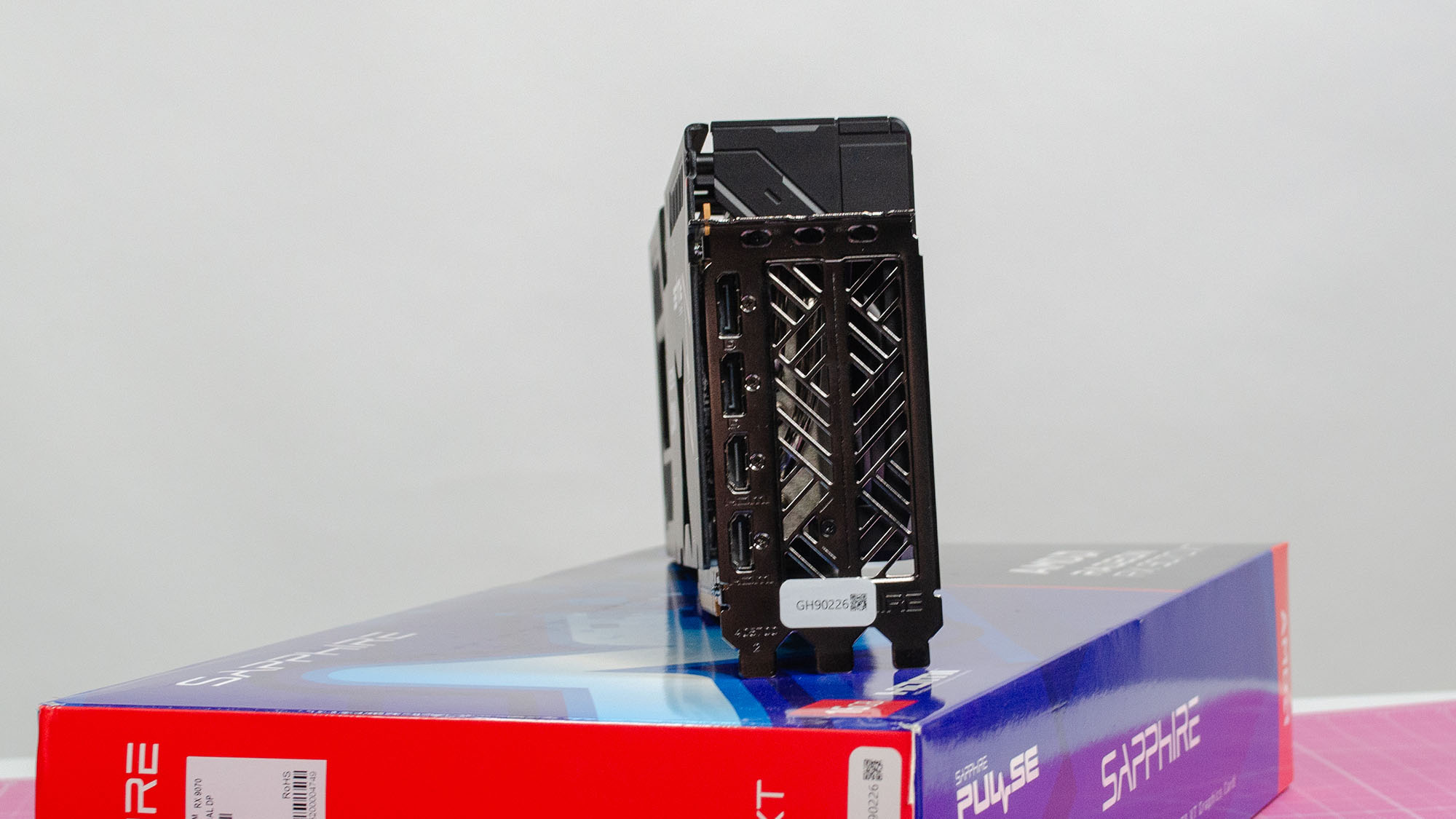




















































































































































![[The AI Show Episode 144]: ChatGPT’s New Memory, Shopify CEO’s Leaked “AI First” Memo, Google Cloud Next Releases, o3 and o4-mini Coming Soon & Llama 4’s Rocky Launch](https://www.marketingaiinstitute.com/hubfs/ep%20144%20cover.png)













































































































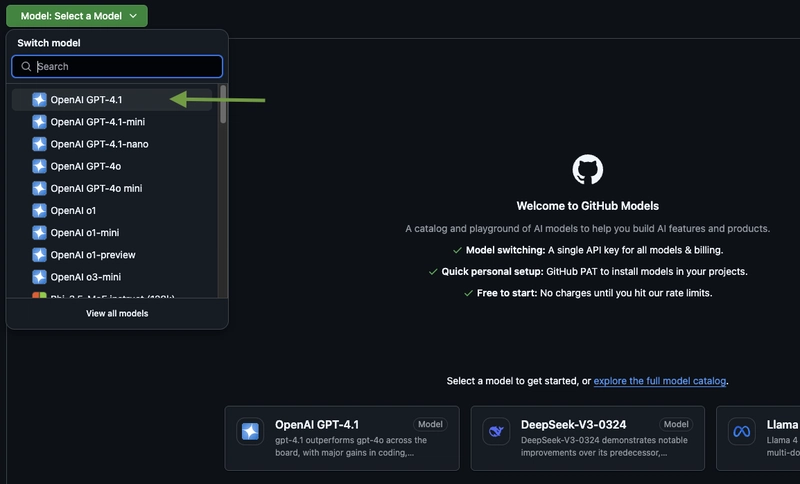
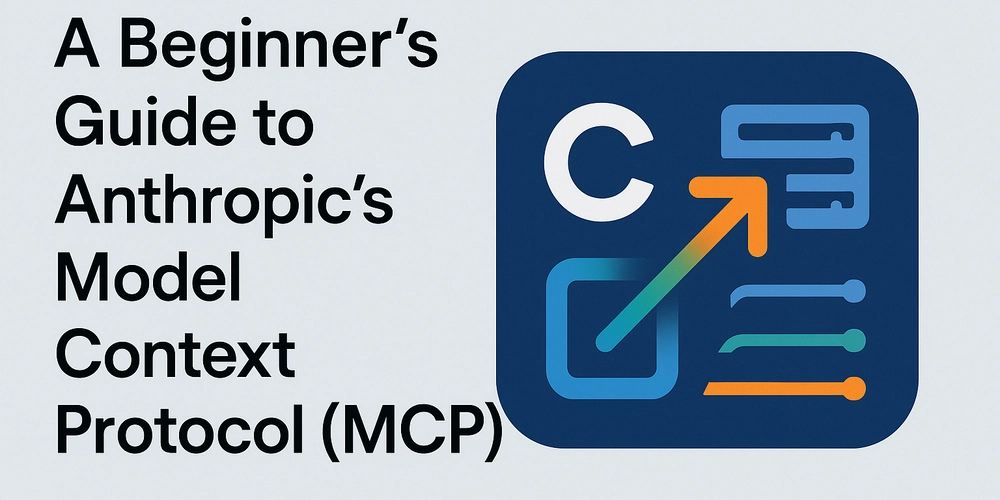

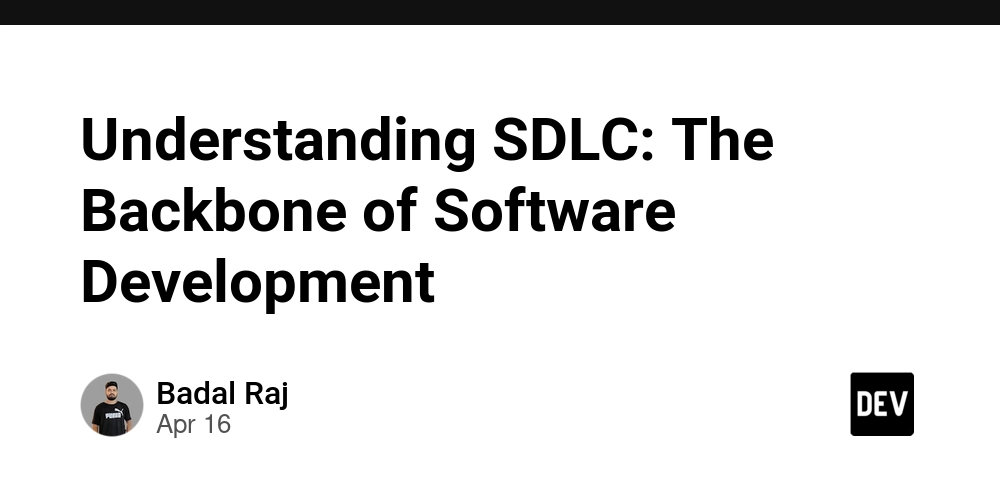




























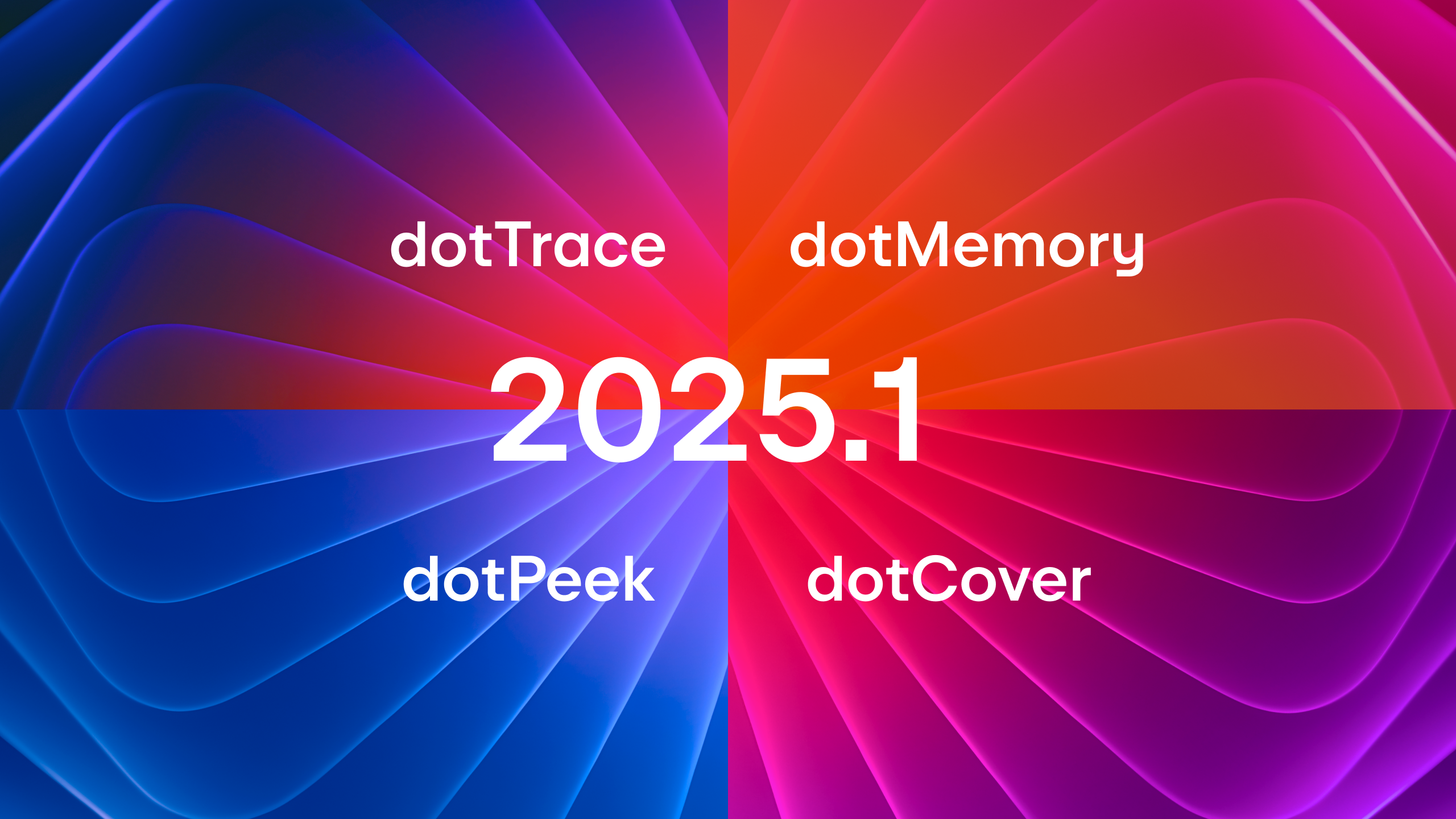























































![Blue Archive tier list [April 2025]](https://media.pocketgamer.com/artwork/na-33404-1636469504/blue-archive-screenshot-2.jpg?#)
































.png?#)
































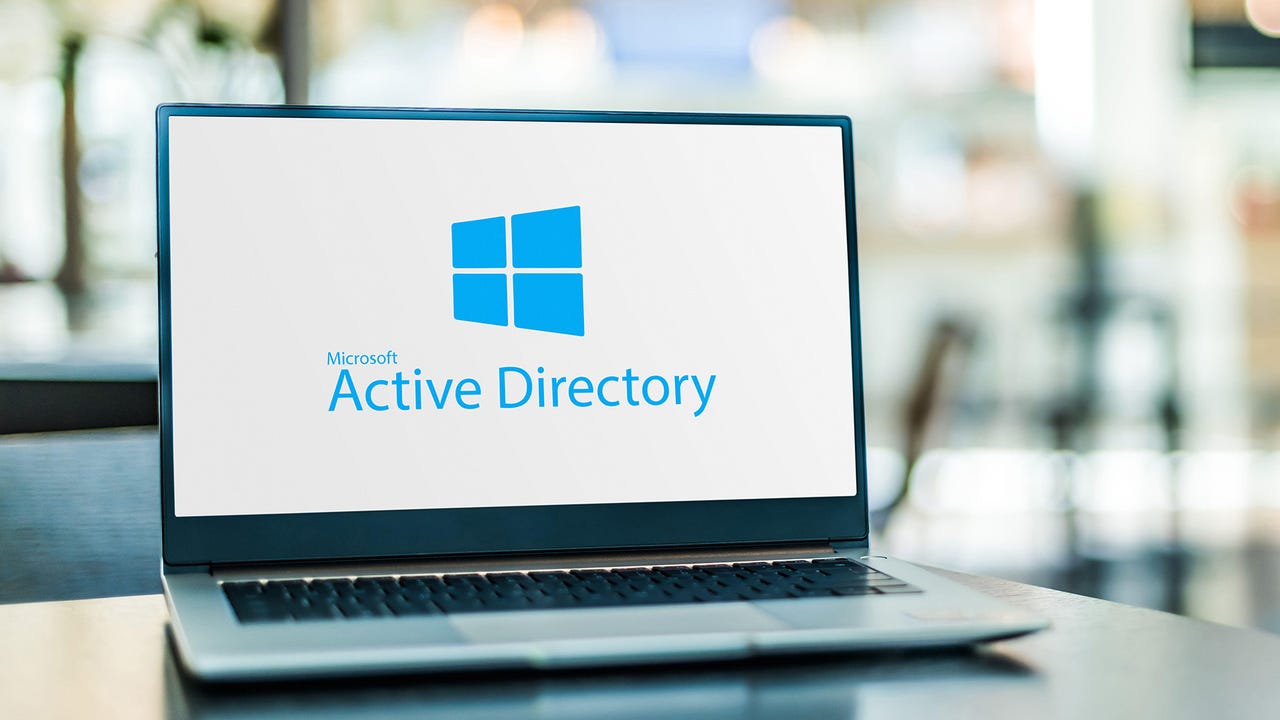






.webp?#)



















































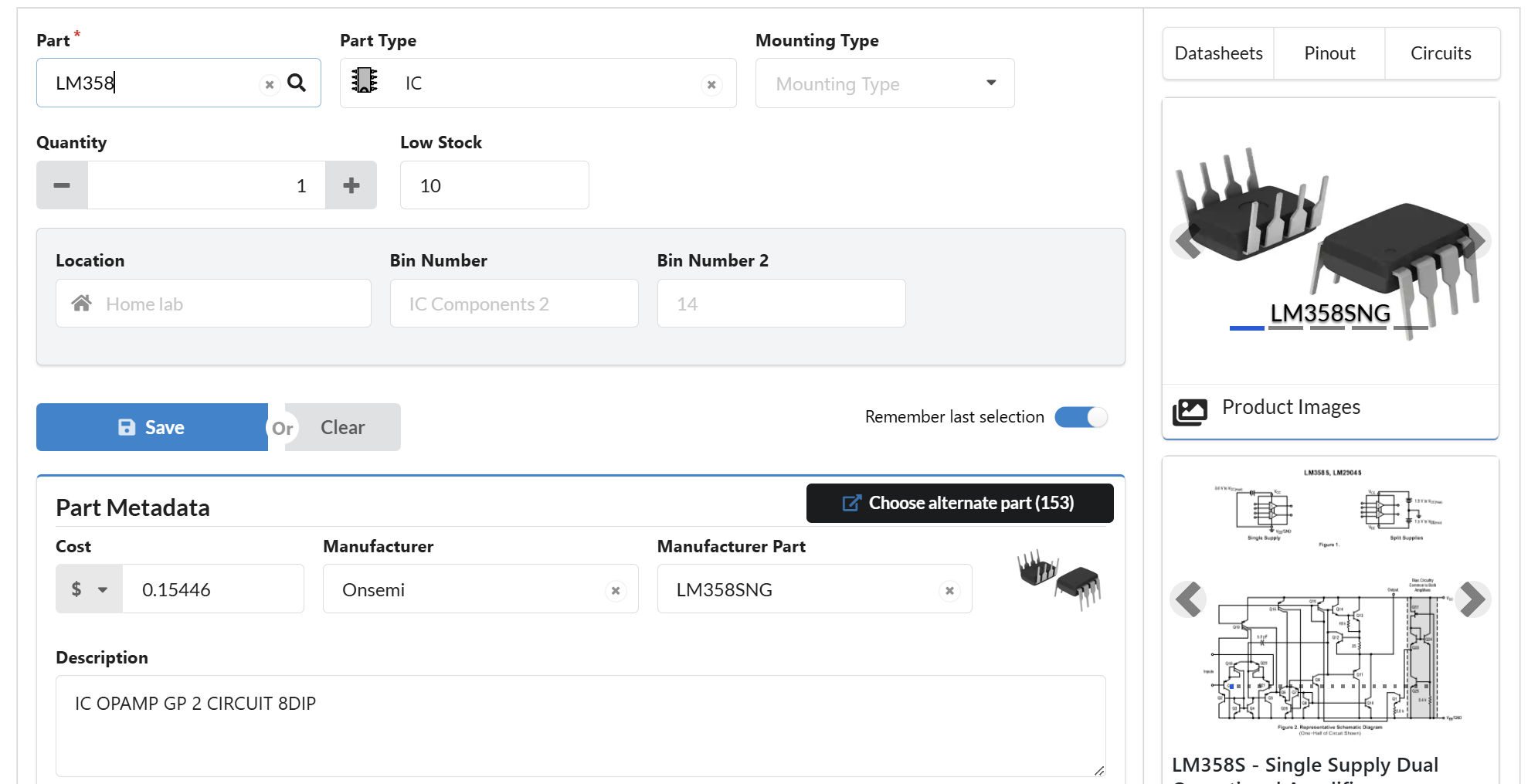
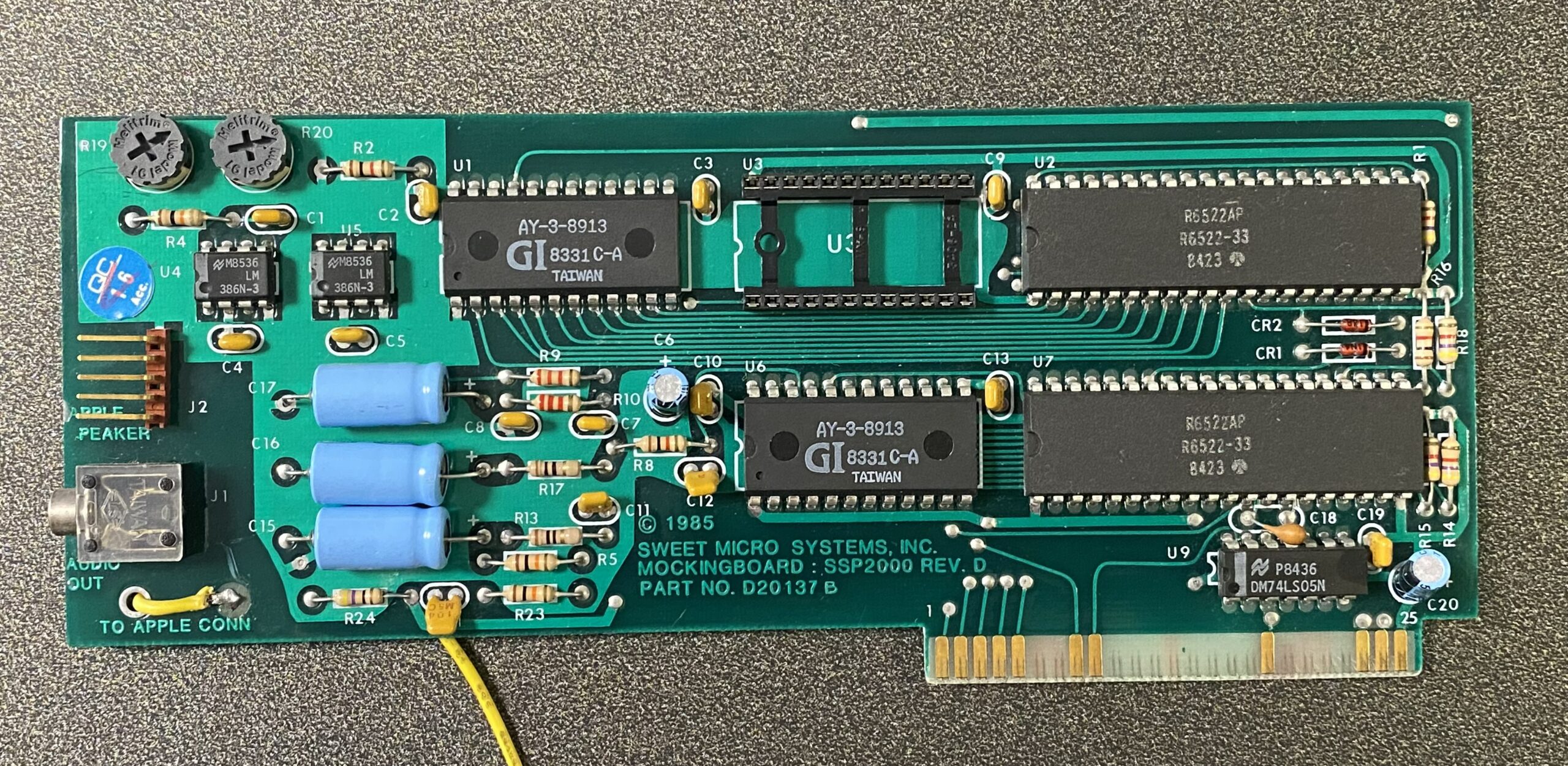


















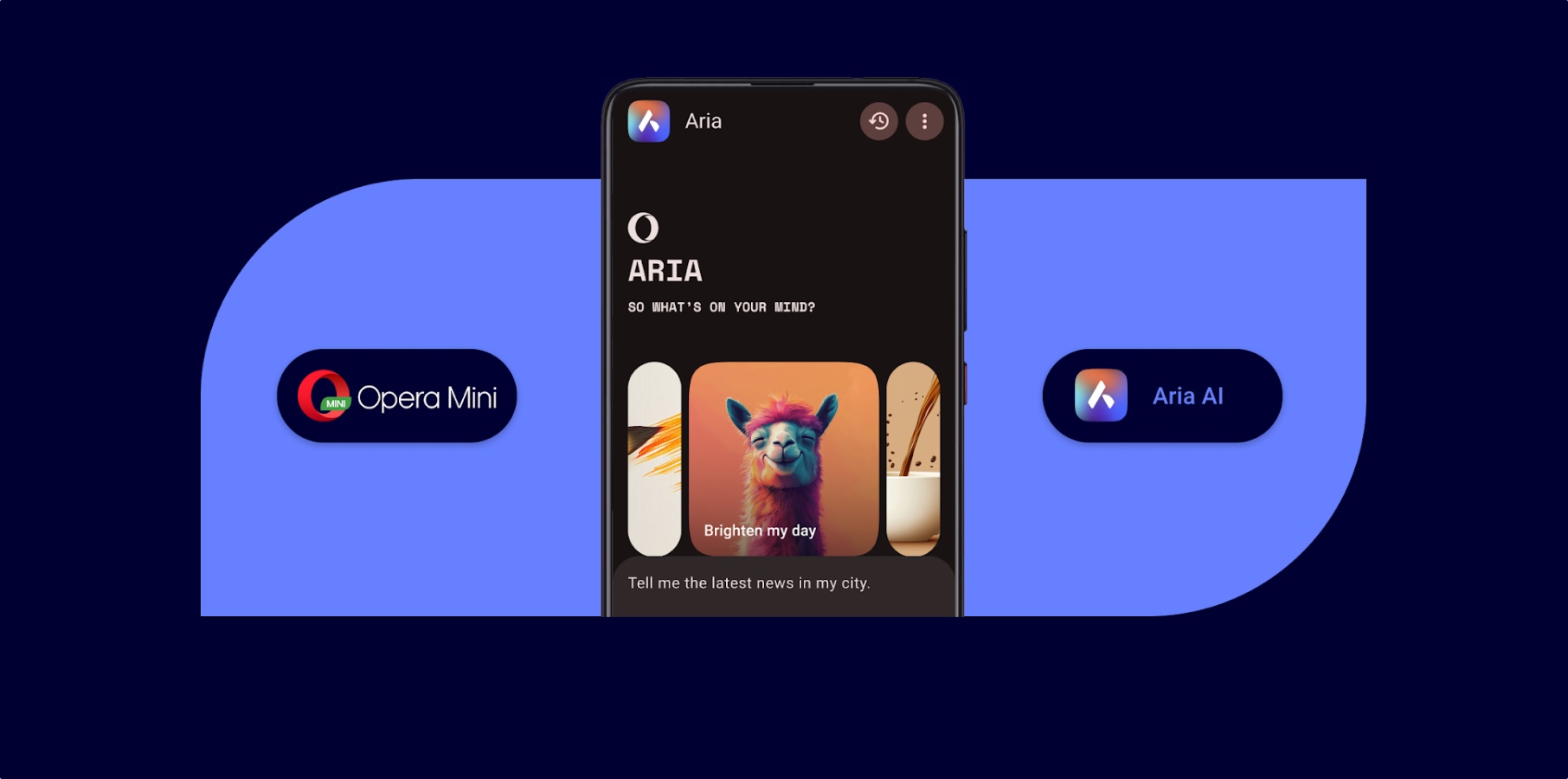







-xl-xl.jpg)









![Apple’s Messages app shows Meta is not a monopoly, says Meta [U]](https://i0.wp.com/9to5mac.com/wp-content/uploads/sites/6/2024/02/Zuckerbergs-AI-announcement.jpg?resize=1200%2C628&quality=82&strip=all&ssl=1)




![One UI 8 leaks again, showing off the tiny list of changes to Samsung’s Android 16 update [Video]](https://i0.wp.com/9to5google.com/wp-content/uploads/sites/4/2024/07/Galaxy-Z-Flip-6-review-photo-2.jpg?resize=1200%2C628&quality=82&strip=all&ssl=1)










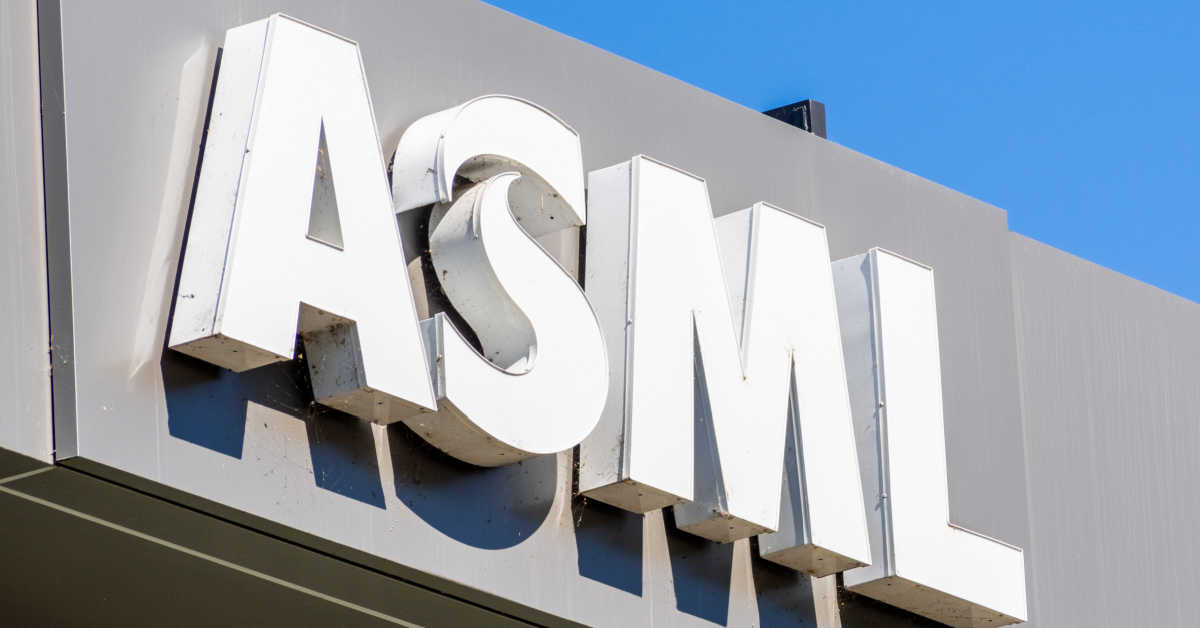


![Apple to Split Enterprise and Western Europe Roles as VP Exits [Report]](https://www.iclarified.com/images/news/97032/97032/97032-640.jpg)
![Nanoleaf Announces New Pegboard Desk Dock With Dual-Sided Lighting [Video]](https://www.iclarified.com/images/news/97030/97030/97030-640.jpg)

![Apple's Foldable iPhone May Cost Between $2100 and $2300 [Rumor]](https://www.iclarified.com/images/news/97028/97028/97028-640.jpg)























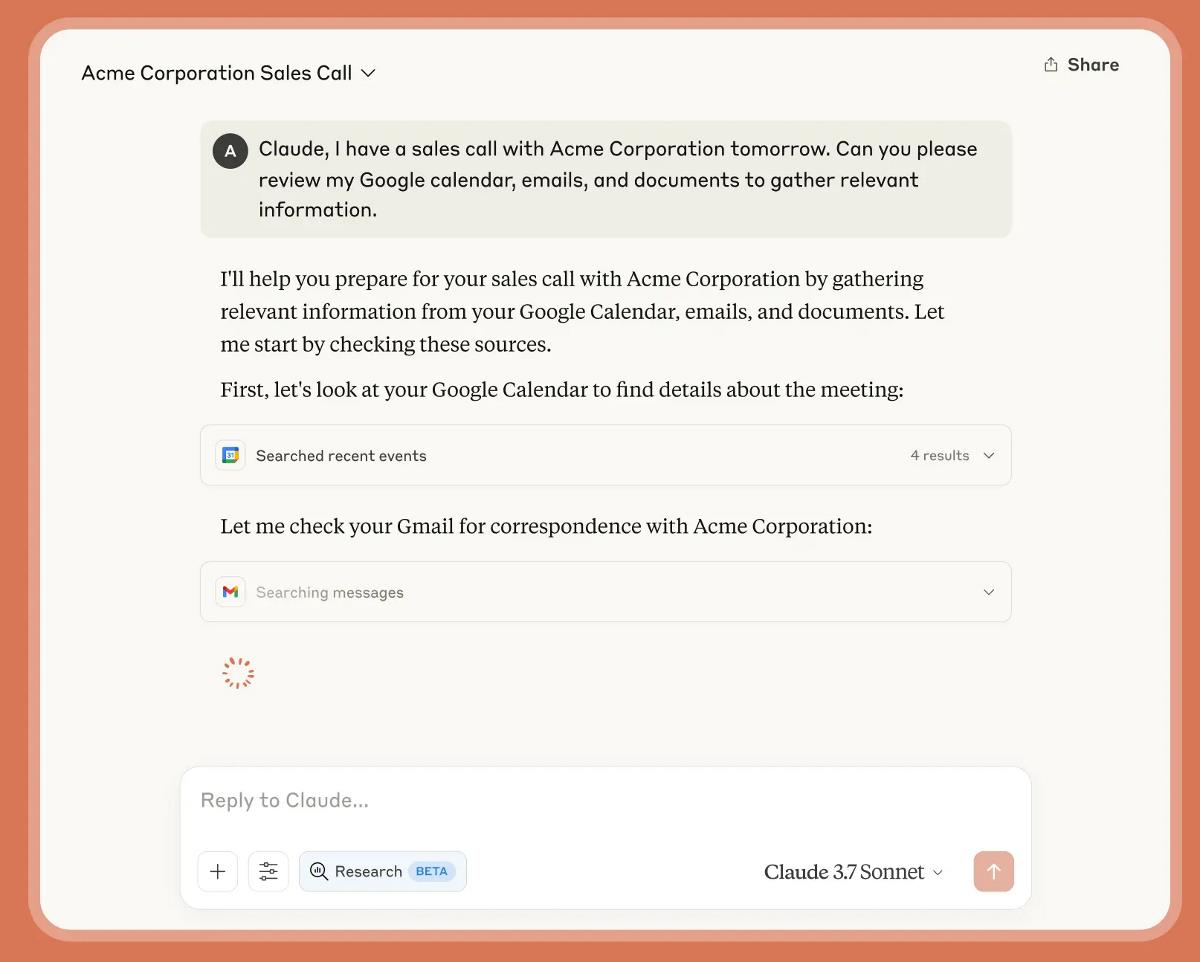




















![Security Database Used by Apple Goes Independent After Funding Cut [Updated]](https://images.macrumors.com/t/FWFeAmxnHKf7vkk_MCBh9TcNMVg=/1600x/article-new/2023/05/bug-security-vulnerability-issue-fix-larry.jpg)





